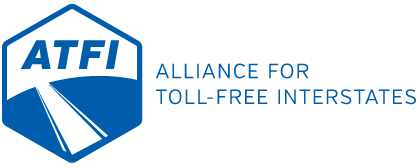By Overdrive Magazine
President Barack Obama’s proposed highway bill — which came to Congress this week via Transportation Secretary Anthony Foxx — seemed to cause little drama, as the bill’s length and size were mostly in line with other measures floated in the recent past by the administration.
Its key trucking reform was to require carriers to pay drivers at least minimum wage for on-duty time not spent driving, and its funding source (a repatriation tax on foreign earnings) has backers on both sides of the political aisle, though likely not enough to get the bill through Congress.
Chief among the bill’s highlights for the trucking industry is a measure of driver pay reform that would require drivers to be compensated for all ...
One provision in the bill, however, has struck a nerve with some both in the trucking industry and outside of it: If passed the bill would remove the current ban on tolling existing Interstate lanes.
The same provision was included in the White House’s 2014 iteration of its Grow America Act, which trucking groups then staunchly opposed.
The Alliance for Toll-Free Interstates this week says the measure is “the worst possible approach to raising transportation revenue,” and it will find little support, ATFI says.
ATFI spokesperson Julian Walker issued this statement following the DOT’s release of its Grow America proposal:
“The idea has already been rejected by lawmakers, the public, and community leaders in the few states with a federal exception to the tolling prohibition. Tolls also divert heavy highway traffic onto secondary streets, which leads to premature road breakdown that costs local taxpayers, and they endanger public safety when rescue workers are delayed in responding to emergencies. This plan would also let states redirect toll revenues to completely unrelated projects, abusing public trust and exploiting highway drivers with a tax on interstates to pay for trolleys, public transit, and unspecified environmental projects, all without solving the transportation funding problem.”

